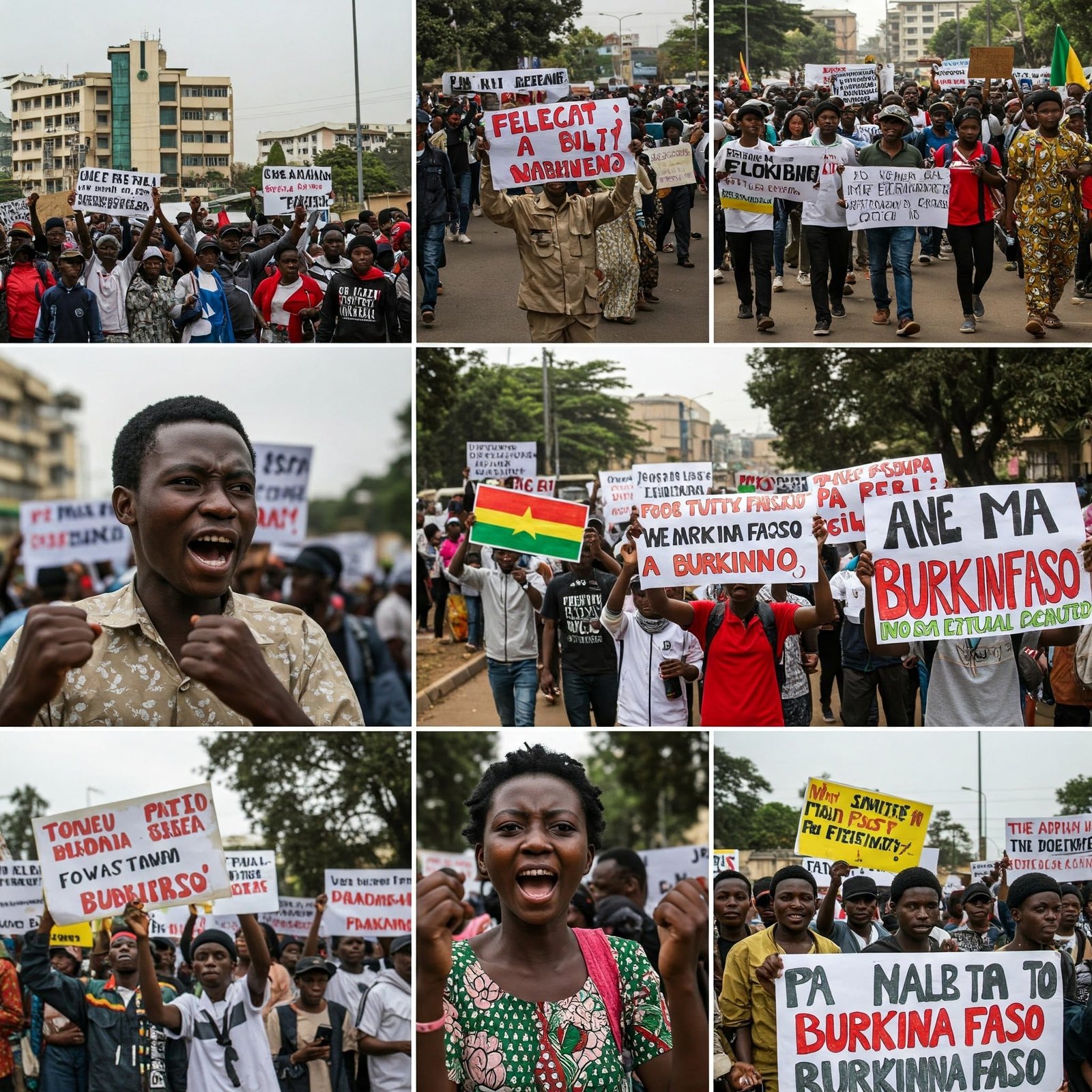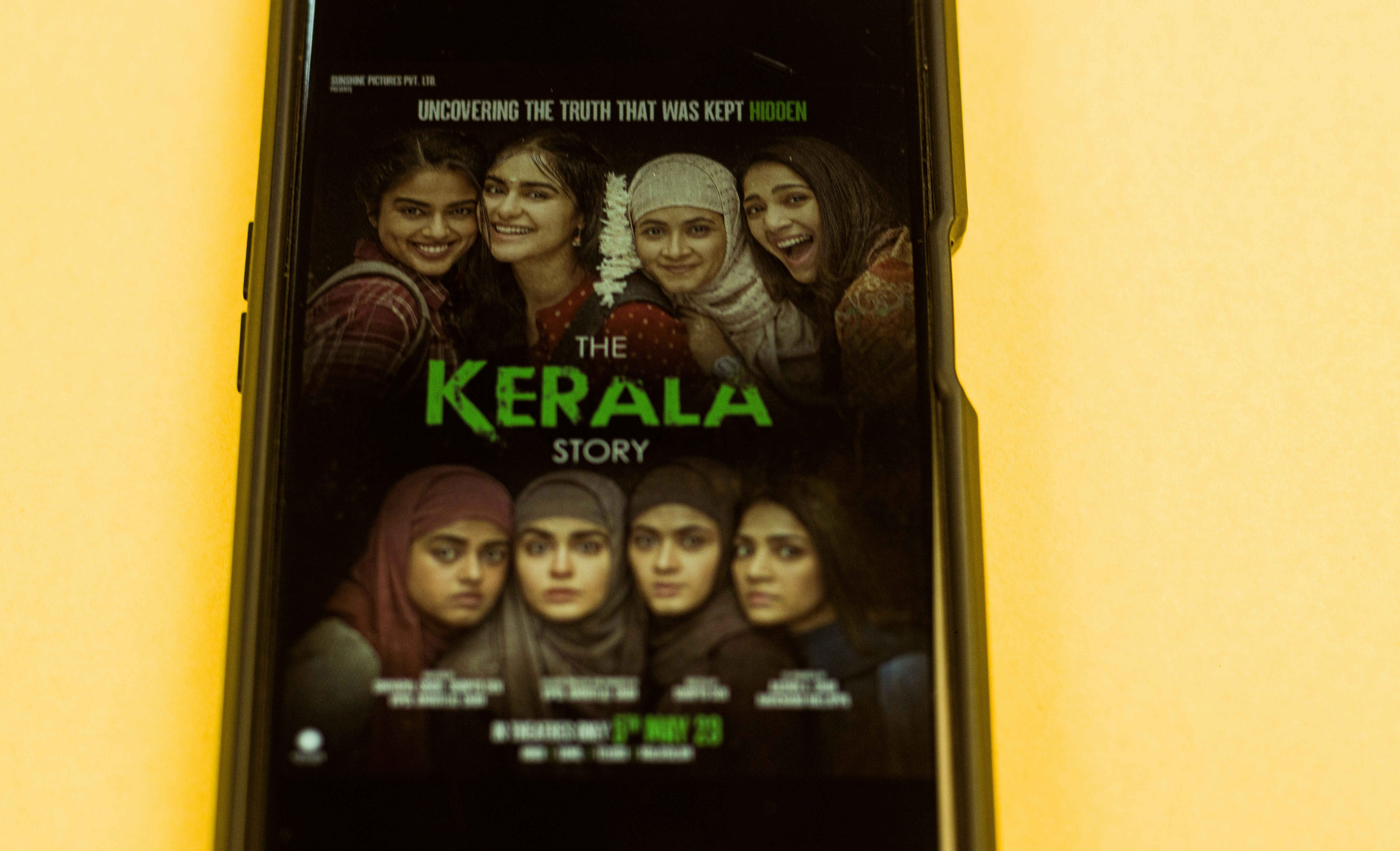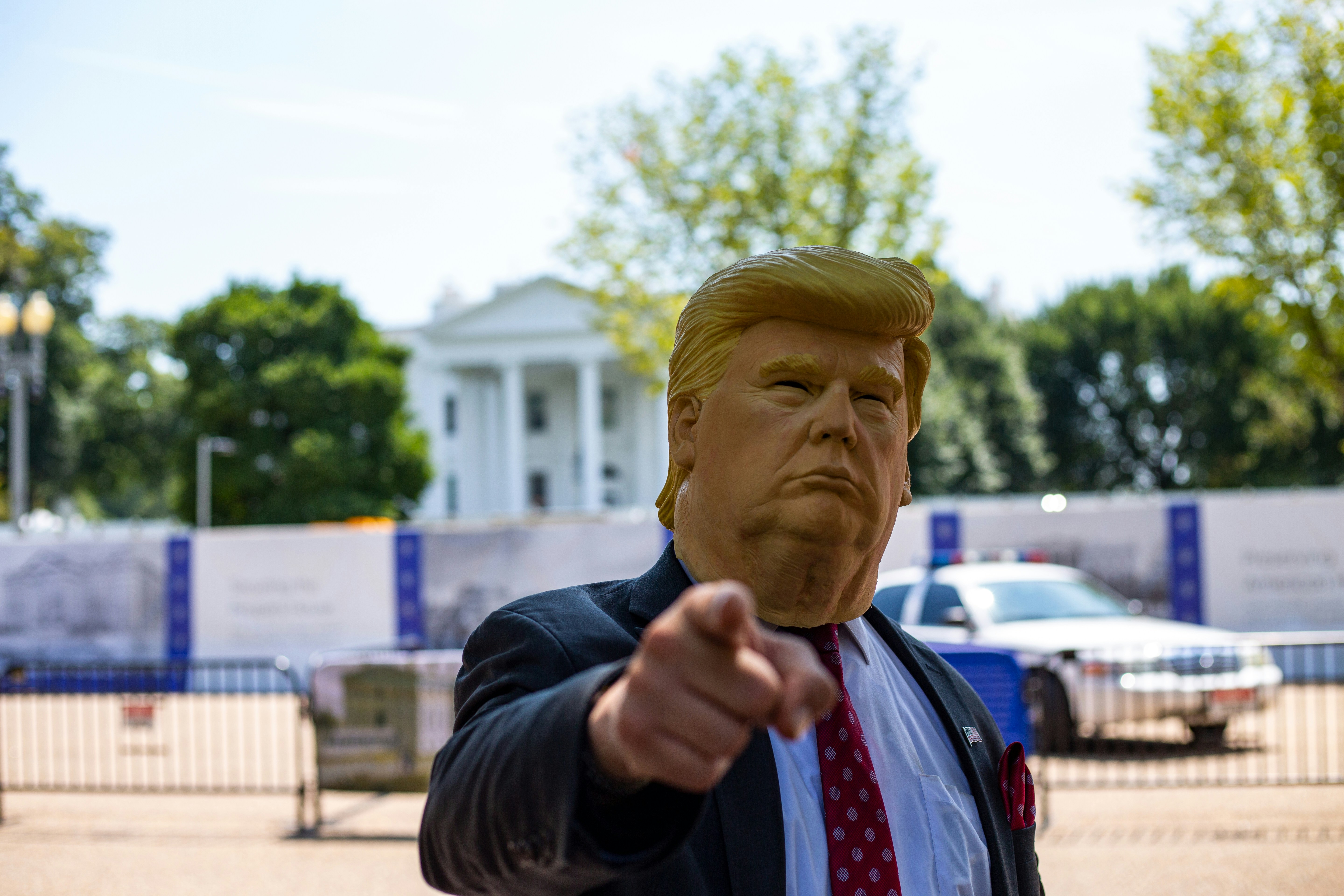Mass Protests Erupt Across Africa in Support of Burkina Faso’s Captain Ibrahim Traore
The Moment of Unity in Africa: Supporting Captain Ibrahim Traore
A Catalyst for Change
The recent assassination attempt on Captain Ibrahim Traore, the military leader of Burkina Faso, has sparked widespread protests across Africa. Traore has become a symbol of resistance against foreign interference in African affairs. This attempt on his life has intensified tensions in Burkina Faso and united people from different countries, showcasing their support for sovereignty and self-determination.
Citizens from various nations are coming together to demand that foreign powers respect Africa’s autonomy. They want their countries to shape their futures without outside influence. Protests have erupted in cities from Dakar to Nairobi, marking a significant moment of unity. People are rallying around a common message: they want to stand together against external pressures.
The Assassination Attempt: A Call for Action
The assassination attempt on Captain Traore has become a pivotal moment for Burkina Faso and the entire African continent. Tensions are high as many believe the attack aimed to destabilize his leadership. Public outrage has united people from different backgrounds, leading to mass protests demanding accountability and strong governance.
In Burkina Faso, public sentiment has shifted. Many citizens are concerned about potential instability and long for transformative change. The attack on Traore’s life has been a wake-up call. Citizens now realize the importance of stability in their livelihoods and national security. They are calling for a government that prioritizes democracy, transparency, and citizen engagement.
This moment has ignited discussions about political agency and governance in Burkina Faso and in neighboring countries facing similar challenges. People are eager for more inclusive decision-making processes. The assassination attempt reflects a powerful need for change, emphasizing the desire for improved governance across the region.
The assassination attempt on Captain Ibrahim Traore has ignited a powerful wave of solidarity across Africa, reminding us all that the fight for sovereignty and self-determination is a collective journey
Mass Protests: A Pan-African Movement
In recent weeks, mass protests in support of Captain Traore have intensified across Africa. These demonstrations symbolize a united resistance against perceived Western interference. On April 30, 2025, thousands are expected to march in solidarity with Traore and the broader movement for African empowerment.
Participants in these protests are motivated by the need to assert African sovereignty. They reject the colonial remnants that influence their governance. The protests unite a diverse group of people, including students, labor unions, and grassroots organizations. Their collective support for Traore’s leadership indicates a strong desire for autonomy.
The protests are more than just dissent; they represent a growing awareness among citizens. Many see support for Captain Traore as a chance to redefine African agency and identity based on self-determination. These demonstrations reflect a commitment to a united Pan-African response to shared challenges.
Captain Ibrahim Traore: A Symbol of Hope
Captain Ibrahim Traore has emerged as a key figure in Burkina Faso. He represents the aspirations of many citizens seeking meaningful reform. Traore rose to prominence after a military coup in September 2022. His leadership resonates with the youth, who are eager for positive change.
One of Traore’s key policies is the nationalization of gold resources. Burkina Faso is rich in gold, yet foreign corporations have historically benefited more than local citizens. Traore aims to ensure that the wealth from gold production serves the Burkinabé people. This approach promotes national pride and economic stability.
In addition to mining, Traore is investing in agriculture to achieve food self-sufficiency. Understanding that farming is vital for many families, he emphasizes improving agricultural yields and sustainable practices. By combining resource management with agricultural innovation, Traore positions himself as a leader focused on economic transformation and human needs.
In the face of foreign interference, the people of Africa are uniting to reclaim their agency, demonstrating that true empowerment comes from within and must prioritize the needs and aspirations of their citizens
The Call for African Sovereignty
A growing movement across Africa advocates for self-determination and sovereignty. The mass protests supporting Captain Ibrahim Traore highlight this urgent call for African nations to reject neo-colonial tactics. These demonstrations resonate throughout the continent, signaling a coalition against foreign exploitation.
The demand for sovereignty goes beyond mere independence. It embodies a vision of Africa that is economically viable and politically stable, free from foreign intervention. Local leaders must prioritize the welfare of their citizens and focus on internal growth. By doing so, they can promote sustainable development and strengthen national and continental identity.
Furthermore, African nations should forge alliances to enhance economic independence. Solidarity among countries is vital to counter external pressures that perpetuate dependency. Recognizing shared histories reinforces the need for collective action to achieve sovereignty. As support for leaders like Captain Traore grows, many citizens yearn for a future governed without outside interference.
Joining Forces: Voices Across Africa
The uprisings in Burkina Faso have resonated with many across Africa. Various organizations and political groups are expressing solidarity with Captain Traore. The Economic Freedom Fighters (EFF) in South Africa are among the most vocal supporters. They view Traore’s governance as crucial in the fight against neo-colonialism.
Support for Traore is widespread and not limited to the EFF. Numerous organizations view his policies as a step toward self-determination and economic independence. They see Burkina Faso as a potential vanguard for change across Africa. Acknowledging Traore’s leadership can galvanize support against historical injustices that many nations continue to face.
Alliances are forming on political and grassroots levels. Community leaders from Mali, Niger, and Ghana are collaborating to discuss common challenges and strategies. These coalitions leverage social media and traditional platforms to spread awareness and mobilize resources. Such unity marks a significant evolution in Africa’s socio-political landscape.
Democratic Ideals and Emerging Movements
The mass protests supporting Captain Ibrahim Traore represent a transformative phase in Africa’s socio-political landscape. These demonstrations express discontent with existing governance and reflect a desire for democratic ideals. Citizens are asserting their rights and advocating for a responsive government.
Grassroots movements play a vital role in this narrative. They empower citizens to engage in civic life and shape a new social contract. When people unite for change, they create an identity that transcends borders. This solidarity challenges narratives of fragmentation and apathy.
The support for Traore signifies a growing demand for accountability among leaders. The enthusiasm reflected in these protests indicates a shared desire for change. Citizens want governance that prioritizes human rights and social justice. They are active participants in shaping their destiny, showcasing a renewed faith in collective action.
As protests emerge in support of Captain Traore, we witness a transformative moment in Africa’s history—a call for accountability, justice, and a future where governance reflects the will of the people
The Disconnect: Leaders and the People
A growing divide exists between African elites and the impoverished population. The priorities of the ruling class often clash with the needs of citizens. While elites align with foreign interests, many people continue to face economic hardships. This disconnect breeds dissatisfaction, especially in Burkina Faso.
Leaders’ focus on global partnerships can lead to neglect of local issues. Many seem more concerned with pleasing foreign investors than addressing what their citizens need. This approach has resulted in widespread discontent, as people feel abandoned in their struggle for stability. Unemployment, dwindling public services, and persistent poverty add to the frustration.
As citizens witness their leaders thriving, feelings of betrayal grow. These leaders live lavishly while communities suffer. This has led to movements like the recent protests supporting Captain Traore. People demand not just his leadership but also a reimagining of a system that reflects their aspirations.
To bridge this divide, African leaders must focus on their people’s needs. They should prioritize local growth and engage in meaningful dialogue. A united front against this disconnect is essential for a brighter African future. By fostering connections with citizens, leaders can restore trust and align governance with the people’s expectations.
Conclusion: Joining the Movement for Change
The mass protests supporting Captain Ibrahim Traore highlight an important moment in Africa’s struggle for sovereignty. These demonstrations point to a desire for systemic change and justice. People across various nations seek to reclaim control over their futures and break free from neo-colonial influences.
As awareness grows, individuals everywhere must engage in meaningful conversations. Understanding the complexities of the situation in Burkina Faso can empower citizens to push for justice. This movement calls for solidarity among Africans and with people worldwide who believe in equality and human rights.
Joining this movement for change starts at the community level. Individuals can support African-led organizations, share educational resources, and amplify displaced voices. The fight for justice is a universal endeavor. Our collective efforts can make a significant impact.
By leveraging social media and attending events, we can foster a global dialogue about African self-determination. As movements gain momentum, they signal a demand for agency, justice, and dignity. Let us join together in solidarity for a more equitable future for all.
For a deeper look into these issues, watch this informative video: Understanding the Movement for Change.
For more information, explore these additional resources:
- The Role of Young Leaders in African Change
- Grassroots Movements Leading Change Across Africa
- The Fight for African Sovereignty
Share this content:










Post Comment